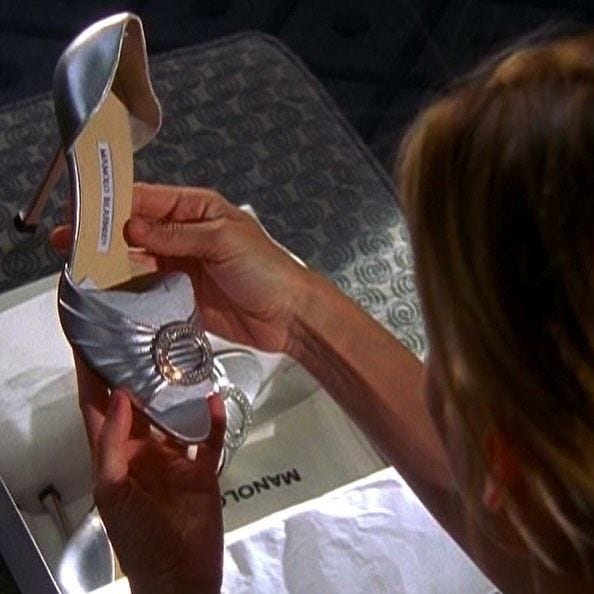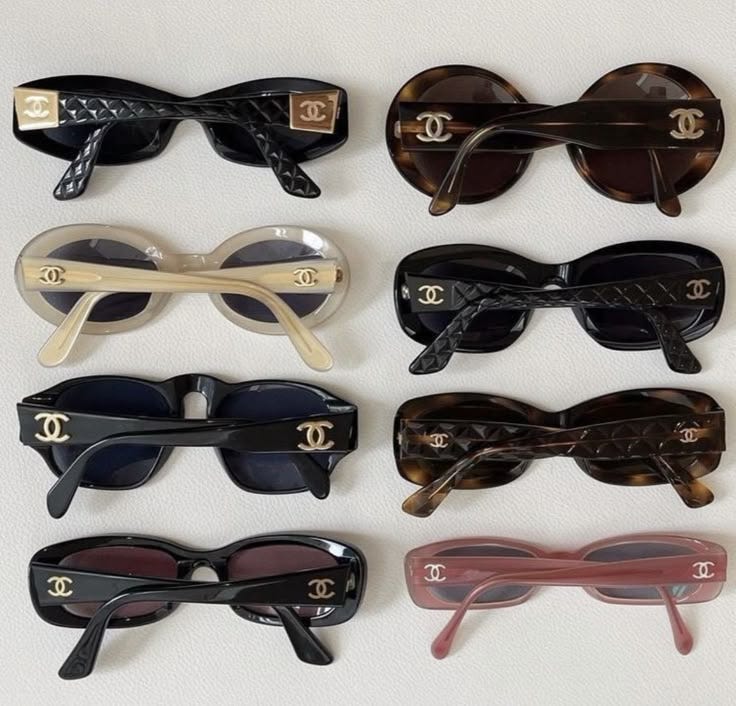So why do we love icons? Well, because they are unapologetically themselves. Their authenticity shines through everything they do, and even as they evolve, there’s a consistent thread of their essence woven through every decision (fashion or otherwise). This is what makes them instantly recognisable anywhere. Brands see this, give icons a platform, repackage their uniqueness, and sell it back to the masses. And the masses (myself included) buy into “lore” because it feels like stepping closer to the very essence of who we admire.
We call these purchases status symbols; an unspoken message to all who see us with them: that we are important, wealthy, or whatever the fuck we want people to think. Kinda cool, if you view it from a community building sense, but also kinda numbing. With consumerism at its peak, status symbols have become a shallow attempt at siphoning validation; when in truth, a status symbol should be a silent form of self-validation.
Below are some examples of some status symbols and the icons they’re derivative from:
Jane and the Birkin
She once carried a basket around, and when she wore her namesake bag, it was filled to the brim with idiosyncratic belongings and keyrings; maybe a reflection of her full, busy life. She made practicality chic and messiness sophisticated. A well-used accessory is a good accessory. Now? The girls wear it empty — and that’s fine — but like I said, they wear it empty. Dressed up with an ugly scarf."
Carrie Bradshaw and the Manolo Blahnik
If you’ve watched Sex and the City, you know what a Manolo is. Worn religiously by the ever-stylish Carrie, the shoe became synonymous with her internal sense of luxury (maxed-out credit cards be damned), her fast-paced life, and her love for beautifully made things. You can tell a lot about a person by their shoes — and Carrie’s always said enough. My Manolo would take the form of a boot. There’s just something undeniably sexy, rebellious, and refined about a well-made boot — it says everything without trying. So... what’s your Manolo?
Angelina Jolie and neutral colours
In an industry where starlets and style icons often lean into maximalism, there’s something far more interesting about giving absolutely nothing but your face card. Sure, I love an intricate beaded situation, a bold print, or a pop of colour, but Miss Jolie’s style endures because it mirrors the elements: day, night, earth, and industry. Phenomena that will outlive (or die with) the human species. Every it-girl passes through this stylistic void; it’s a rite of passage. Angelina, and others like her, embody it. And honestly, anyone who thinks Gabbriette’s, or my own recent aesthetic, emerged from original thought is clearly void of an original thought.
So… what actually is a status symbol?
People all over the world flock like fashion sheep, to get their hands on status symbols, all to tell the world they are it. But what even is a status symbol? (from my POV, obviously)
A status symbol is, quite literally, a symbol of your status. “Status” can mean many things: socioeconomic, cultural, spiritual, aesthetic. In the context of fashion, your status is what you choose to project. It’s the community you align with, the subculture you belong to, the mood you’re in. Your status is where you place yourself; your current state of mind.
So, how do you establish your own status symbols? Self-awareness. Self-observation. Knowing thyself. Start by listing what you love, then look for the objects or articles of clothing that echo those loves back to you.
I’m not the Dalai Lama of personal style, but it is a matter of reflection. Even if you change your wardrobe a million times, there’s always something, some thread, that still represents you.
Maybe your status symbol isn’t a Birkin. Maybe it’s a cherry-shaped keychain. A perfume no one else wears. A lexicon of clothing inspired by a book you read and changed your life. A pair of perfectly worn-in boots from 2014. It’s not about price or class, it’s about what it signals: taste, identity, a sense of belonging (or rebellion).
Curating your own status symbols isn’t about chasing trends. It’s about anchoring your style in meaning.
Bibi x









